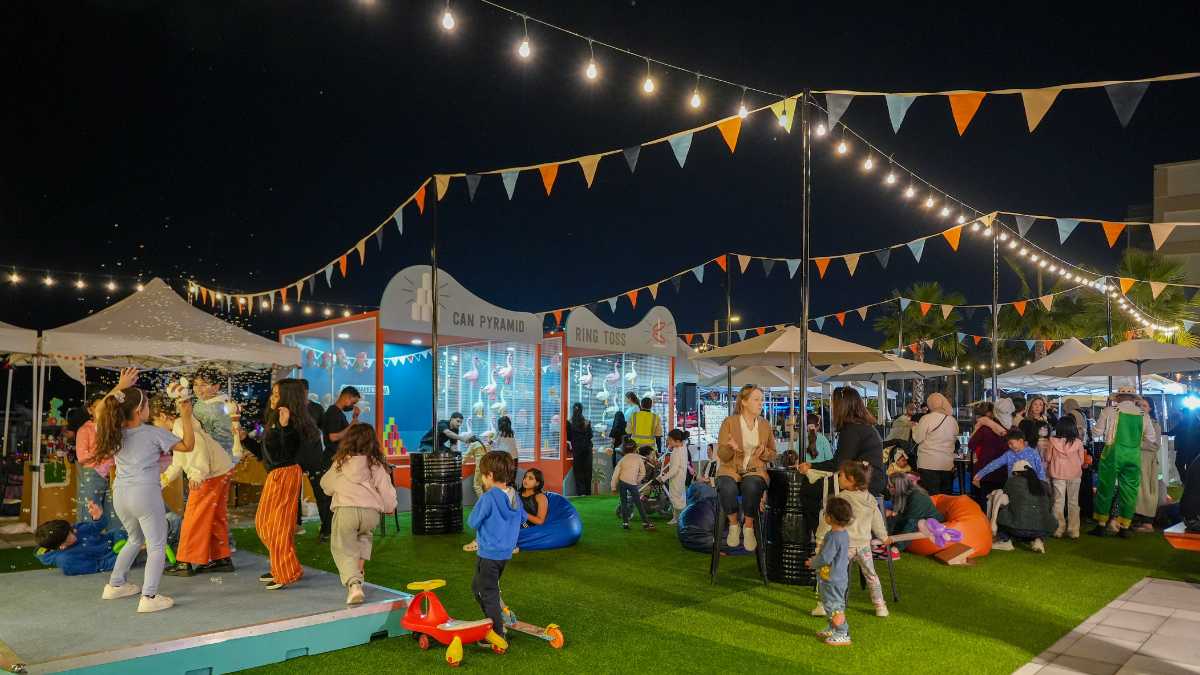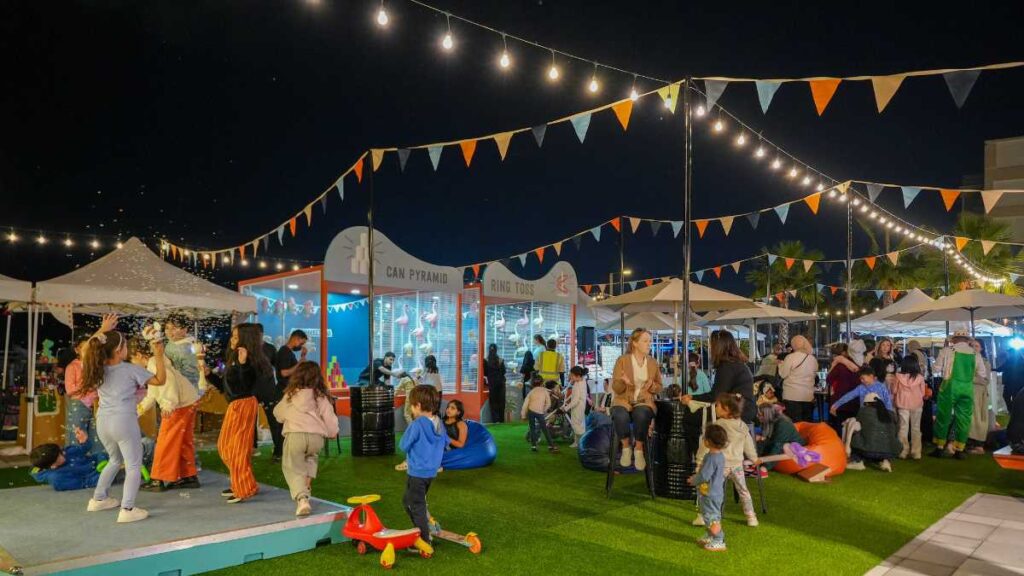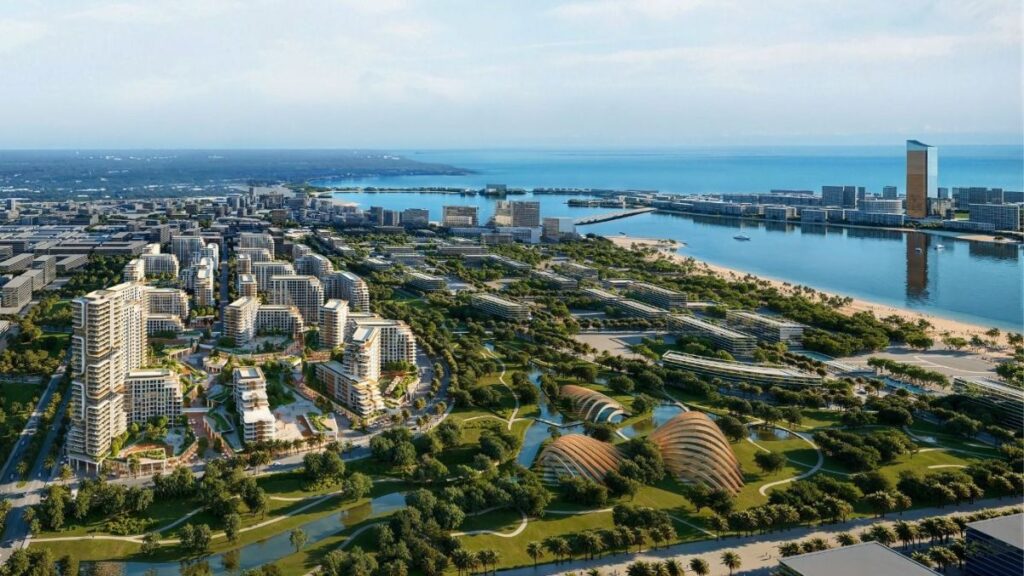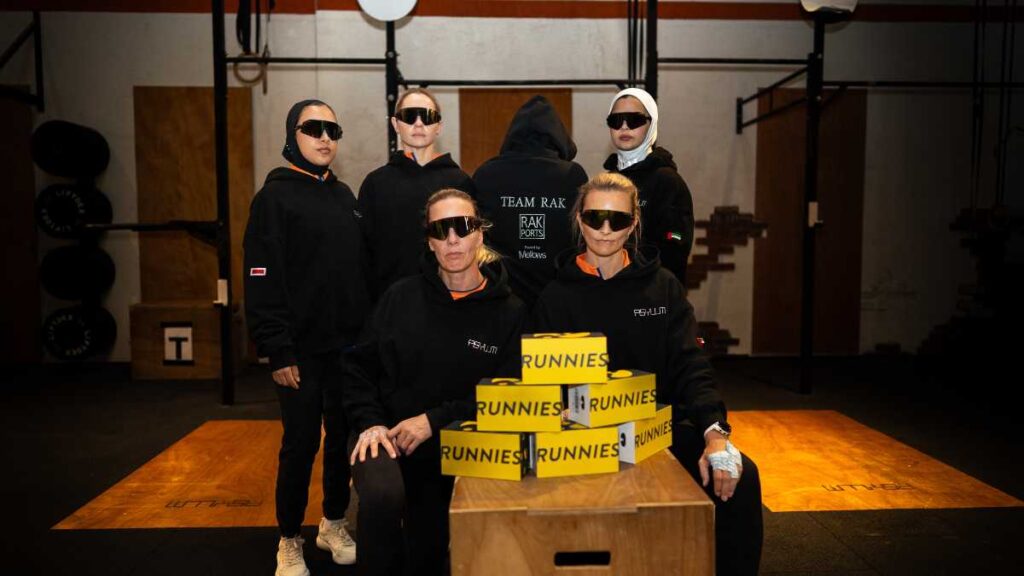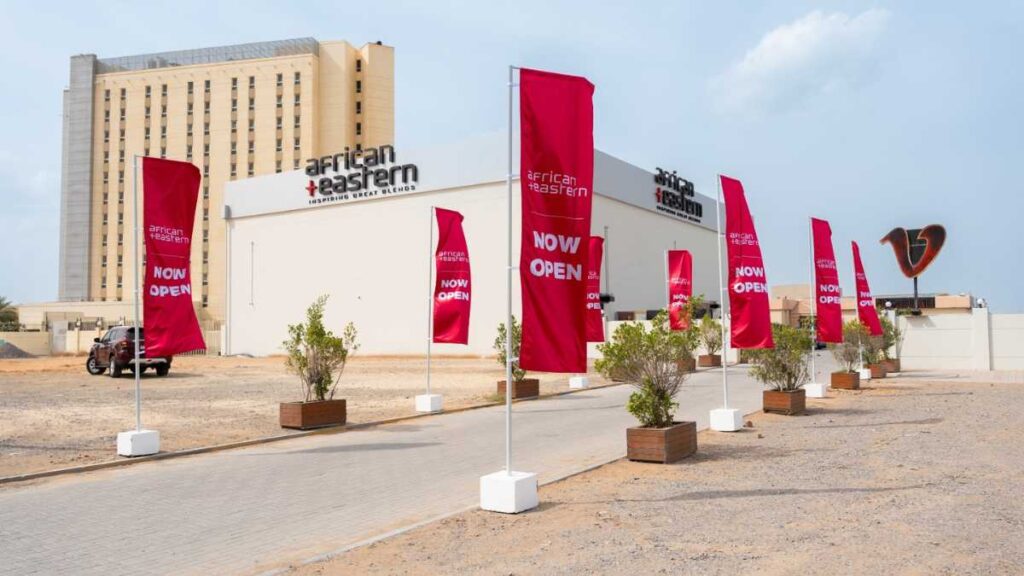The Ras Al Khaimah Fine Arts Festival is a vital part of the emirate’s economic diversification through its cultural economy, the festival not only a hub for artists, but it has become an opportunity for local artists to network with art buyers and for the emirate to showcase its array of tourism offerings.
A growing number of artists have opened up within the RAK Economic Zone which is developing packages to cultivate local talent through artists and photographer licenses and many are now opening exciting new retail spaces.

HE Mubarak Al Nakhi, Undersecretary of the Ministry of Culture and Youth, said the festival was a key driver to both the emirate’s economic growth and the overall UAE strategy to build culture into economic diversification plans.
“Art festivals are an effective way for communities to showcase their cultural expressions. They are economic ventures with the potential to create employment and business opportunities through their value chains.
“Just like other community events these festivals are a marketplace with tangible economic outcomes. Arts festivals bring benefits to the economy by attracting visitors to fly in and spend money within the festivals and around the city during their time of stay in the country.”
Not only in Ras Al Khaimah but across the seven emirates, art and culture is a major part of the UAE’s economic policy.
“Art festivals are a very important way to create a thriving creative ecosystem in the country. They bring artists and creators together giving them a platform to interact with their audiences and potential buyers of their works. These are excellent platforms for fostering dialogue, forging partnerships and inspiring new and upcoming talent with ideas and opportunities.”

Festival director Suqrat bin Bisher said: “We try to support people in this endeavour by offering cheaper business licenses than other emirates and we are also inviting a lot of key stakeholders such as banks, big corporations, and hotels to help artists get support from within the system. We want to attract more businesses and connect them to the likes of the RAK Economic Zone, the tourism authority, and really promote this cross-platform collaboration.”
The RAK Economic Zone offers a dual license structure which allows investors to operate in both free zone and mainland jurisdictions, and now, artists and creatives alike are able to feed into this diversifying economy.
As a free event, which last year received more than 13,000 visitors and is expected to exceed that this year, it has shown the importance of culture in economic growth, bringing visitors and artists from at home and abroad.
CEO of Ras Al Khaimah Tourism Development Authority, Raki Phillips, said: “Ras Al Khaimah Fine Arts Festival is one of the most important artistic events in the United Arab Emirates, as it brings together local and international artists, offering visitors a rich and diverse program. This combination of art and heritage is a major driver of the tourism sector in the emirate and plays an important role in attracting visitors, especially those looking for unique and authentic experiences.”
The emirate of Ras Al Khaimah is famous for its rich history dating back 7,000 years as well as its diverse landscapes, all key to attracting a growing and diverse artistic and cultural community.
The cultural sector in the emirate employs dozens of people across the many offerings in the UAE’s northern-most emirate including tour guides at the UNESCO world heritage sites to archaeologists at the National Museum of Ras Al Khaimah and pearl divers at the region’s first cultured farm, Suwaidi Pearl Farms.
“These immersive experiences feed into our economy and further promote the emirate as an all-round destination offering awe-inspiring, authentic moments,” added Phillips.
This year, the festival, held at the 17th century Jazirah Al Hamra Heritage Village with remote locations in Al Murjan Open Park and Jebel Jais, has hosted over 150 artists from more than 45 countries.
As one of three UNESCO World Heritage sites in the emirate, Jazirah Al Hamra offers visitors a glimpse into the emirate’s history.
“Creating experiences such as the festival to explore this rich history is important for us as it provides an opportunity for us to showcase our touristic treasures and invite domestic and international visitors to discover a true Arabian adventure,” added Phillips.
Recent research in the EU found that cultural and creative industries make up 4.5% of the world’s GDP and are forecast to grow 10% per year. The cultural sector is growing faster than the manufacturing and service industries, among others, and is an important part of the RAK government’s development strategy as it moves into the next 50 years.
The leading sector for growth and employment in the EU, it currently provides 8.3 million jobs and €558 billion in revenue in the EU, the third biggest employer, providing 2.5 times more jobs than car makers and employing more young people than any other sector. “It is amongst a cultural landscape that we can foster creativity which is the very heart of how we grow start-ups, entrepreneurship, and innovation,” said bin Bisher. “The festival is the coming together of old and new – fostering growth and innovation while rooted in and inspired by our heritage and engaging the world.”



